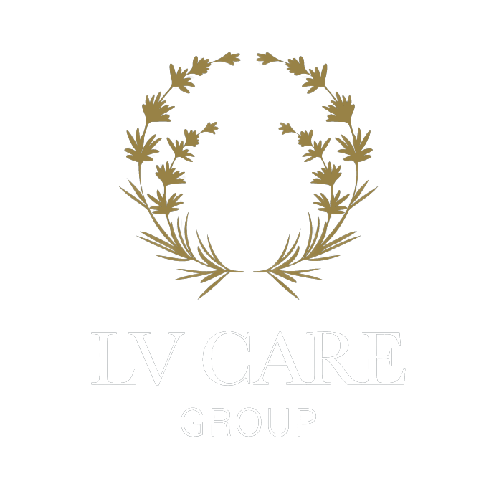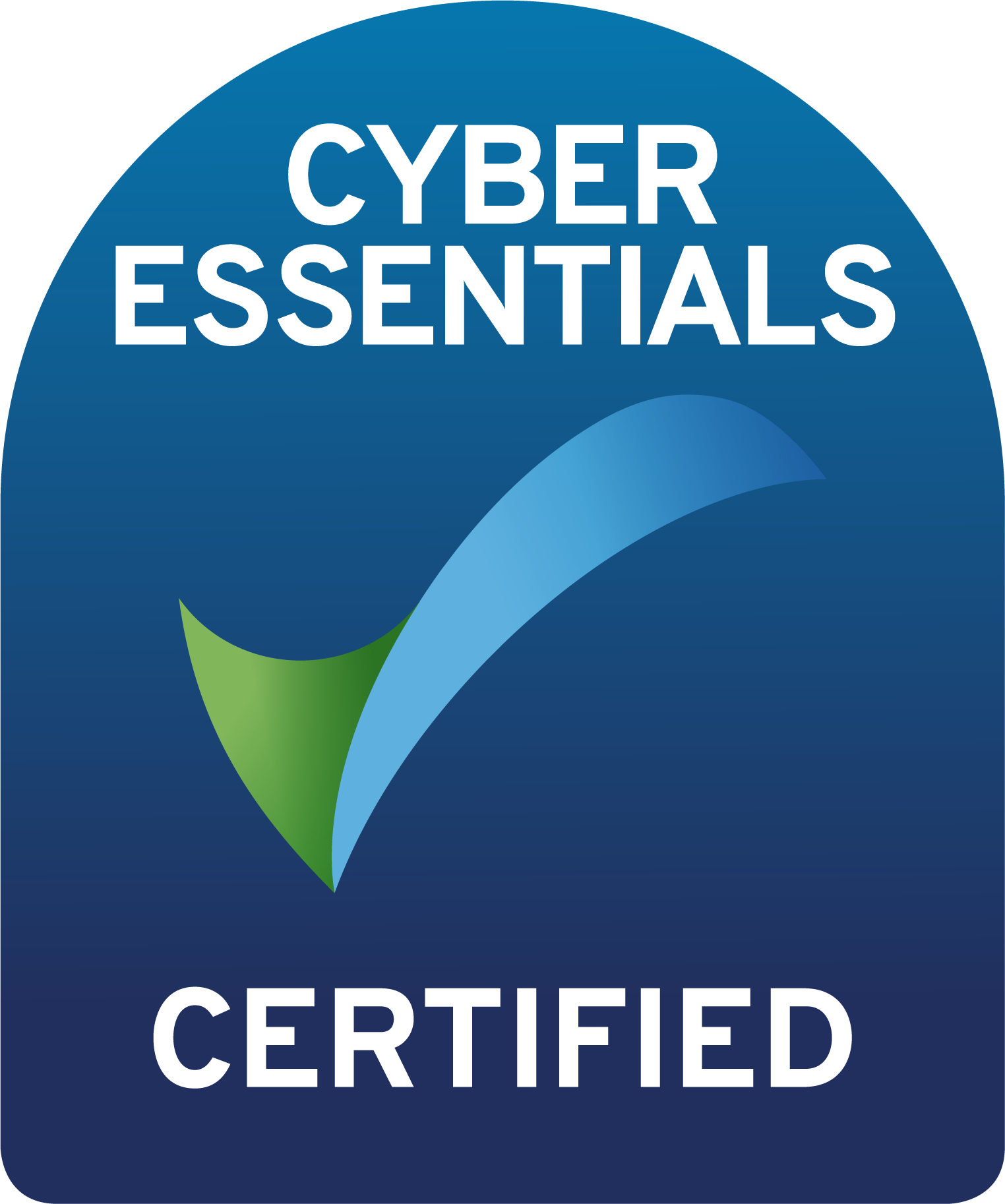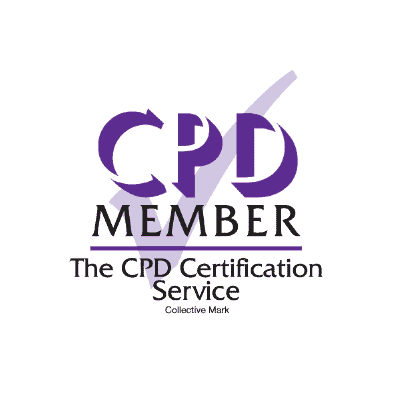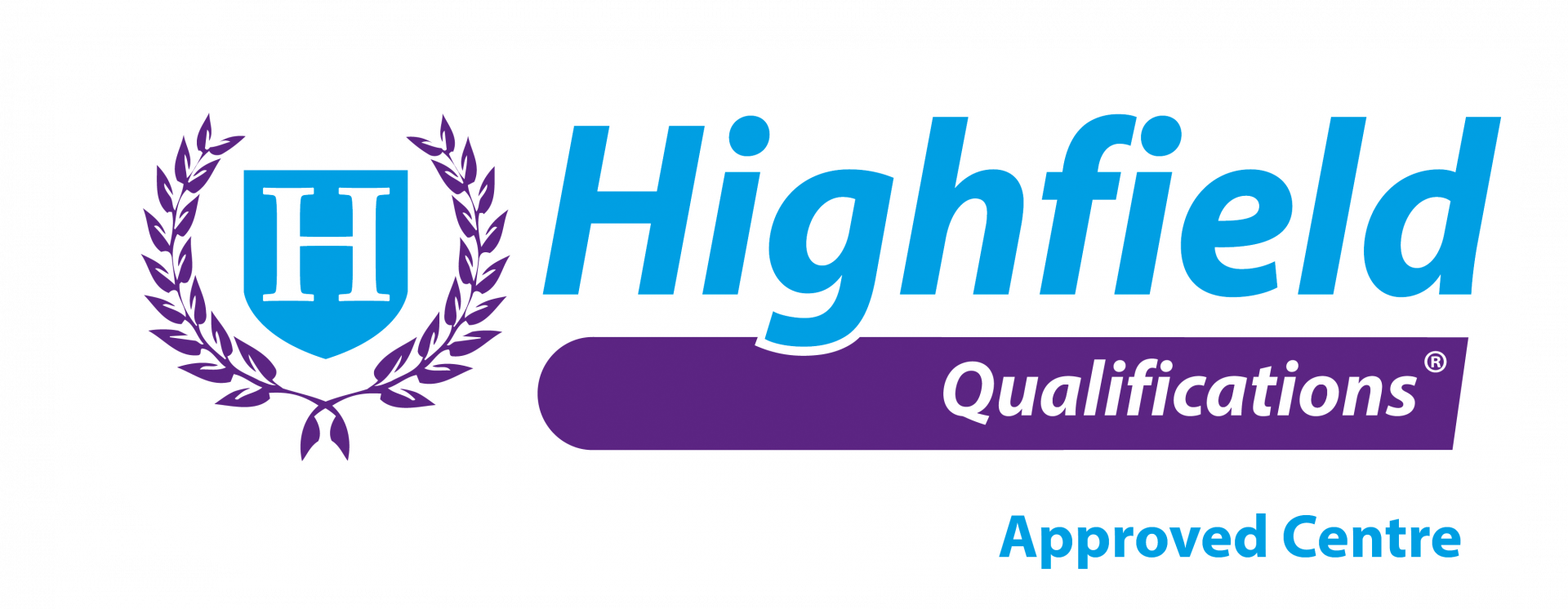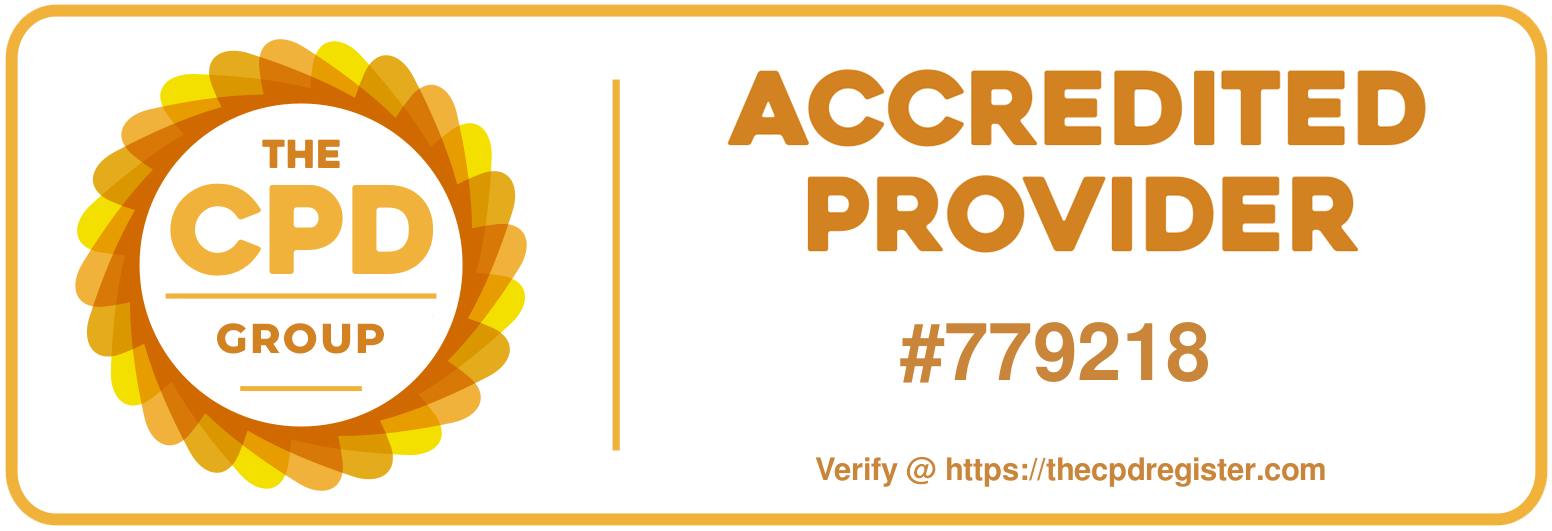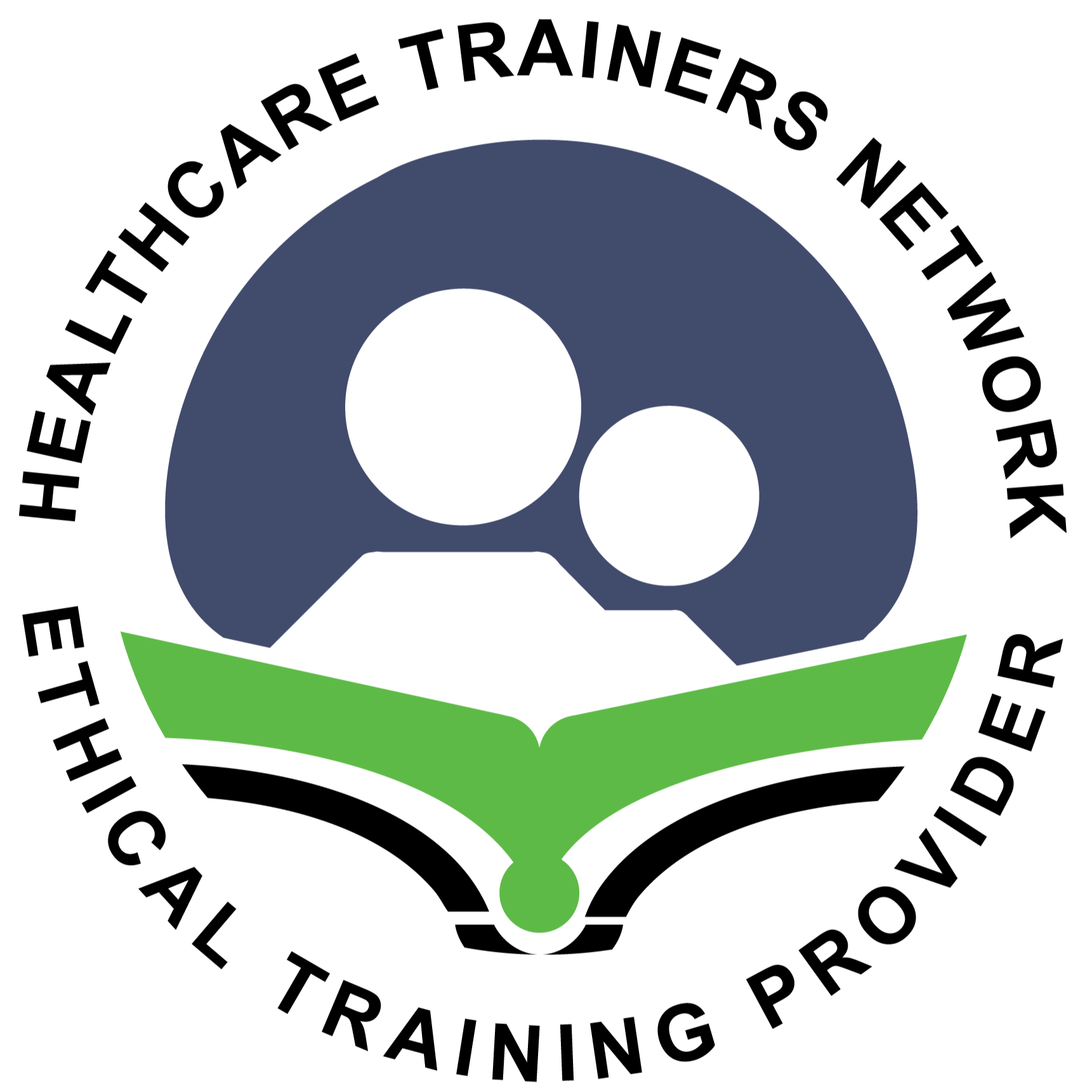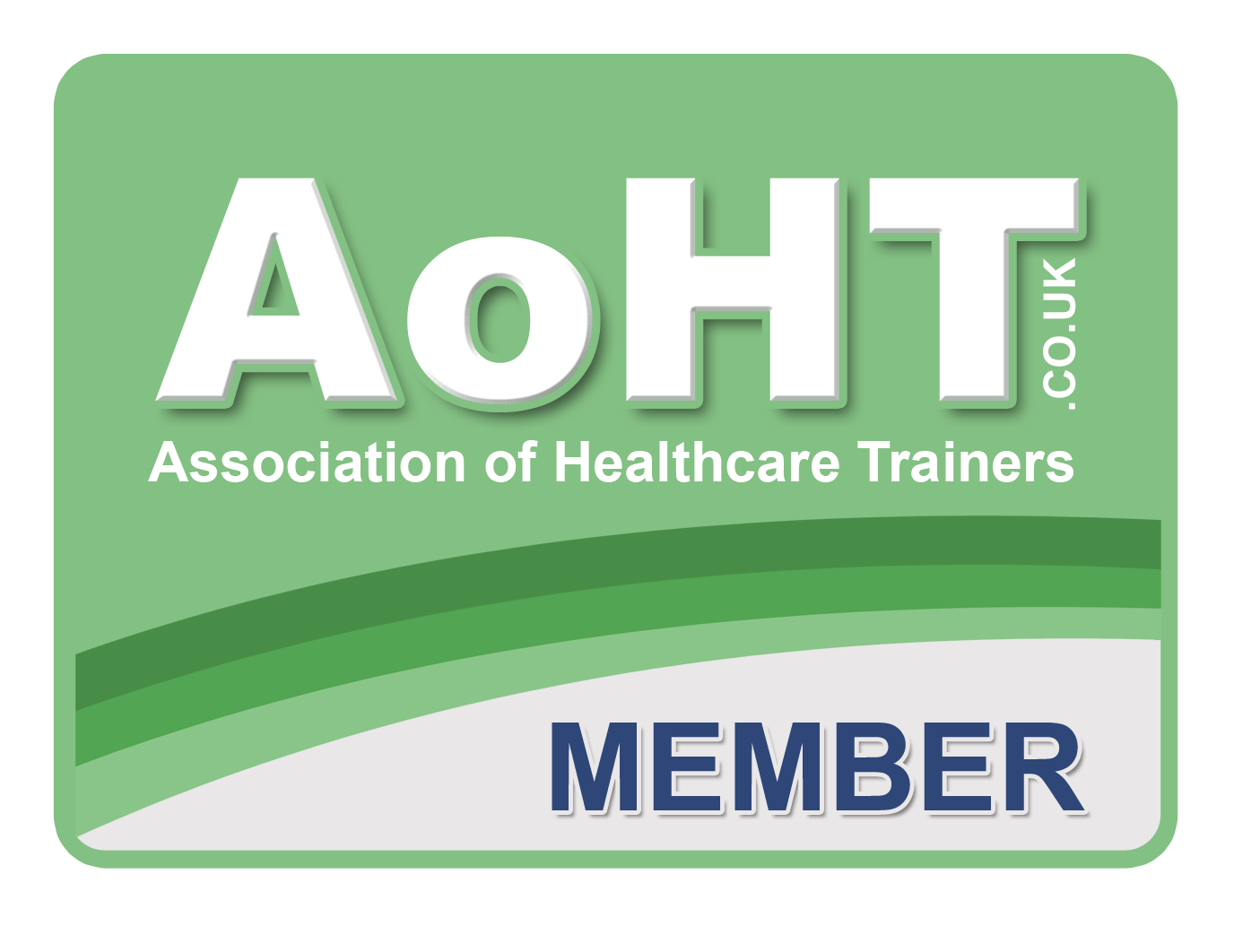Safeguarding Policy
The Purpose of the Policy
Care Academy has a duty of care to safeguard any service user accessing our services.
Safeguarding is the responsibility of all Care Academy staff.
Whilst the work of the Care Academy is primarily concerned with adults, it is recognised that any young person or child requires safeguarding. Consequently, procedures for dealing with confirmed or suspected safeguarding concerns with children is also covered within this policy.
The Policy Statement
Safeguarding is everyone’s responsibility, and our clients/residents have the right to feel safe whilst receiving our services, be this within their own homes, or one of our residencies. Any member of staff who is employed by Care Academy, may, during the course of their work have contact with children or vulnerable adults, or access to information about this group. Staff therefore have a responsibility to protect and promote the wellbeing of those individuals.
Care Academy does not tolerate abuse towards our clients/residents in any form. Such actions will result in disciplinary, and potential legal action.
Abuse is considered to be any violation of an individual’s human and/or civil rights by another person/persons.
The CQC (2017) brings more clarity to the term ‘abuse,’ stating that abuse is:
Care Academy acknowledges that the Sexual Offences Act (2003) is an Act of the United Kingdom, however believes that its principles remain applicable when delivering care in Jersey.
It is the belief of the Care Academy that:
Policy Scope
Safeguarding Vulnerable Adults
Training
All employees of the subsidiary companies of the LV Care Group, who come in contact with clients/residents will have access to safeguarding training relevant to their role. Staff must have access to an up-to-date version of this policy, which details procedures for reporting concerns.
Care Academy has a duty of care to safeguard any service user accessing our services.
Safeguarding is the responsibility of all Care Academy staff.
Whilst the work of the Care Academy is primarily concerned with adults, it is recognised that any young person or child requires safeguarding. Consequently, procedures for dealing with confirmed or suspected safeguarding concerns with children is also covered within this policy.
The Policy Statement
Safeguarding is everyone’s responsibility, and our clients/residents have the right to feel safe whilst receiving our services, be this within their own homes, or one of our residencies. Any member of staff who is employed by Care Academy, may, during the course of their work have contact with children or vulnerable adults, or access to information about this group. Staff therefore have a responsibility to protect and promote the wellbeing of those individuals.
Care Academy does not tolerate abuse towards our clients/residents in any form. Such actions will result in disciplinary, and potential legal action.
Abuse is considered to be any violation of an individual’s human and/or civil rights by another person/persons.
The CQC (2017) brings more clarity to the term ‘abuse,’ stating that abuse is:
- Any behaviour towards a service user that is an offence under the Sexual Offences Act (UK) (2003);
- Physical or psychological ill-treatment of a service user;
- Theft, misuse or misappropriation of money or property belonging to a service user, or neglect of a service user.
Care Academy acknowledges that the Sexual Offences Act (2003) is an Act of the United Kingdom, however believes that its principles remain applicable when delivering care in Jersey.
It is the belief of the Care Academy that:
- Everyone has the right to live his or her life free from violence, fear and abuse;
- Everyone has the right to be protected from harm and exploitation;
- Everyone has the right to independence, which may carry a degree of risk.
Policy Scope
- All staff members of Care Academy are required to follow this policy.
- The Head of Training and Education is responsible for ensuring that this policy is kept up-to-date, in accordance with ongoing changes in clinical practices and legislation.
- Managers are also responsible for encouraging and monitoring compliance with this policy.
- Care Academy staff are responsible for ensuring that LV Care Home clients have access to the LV Care Group Safeguarding policy, should they wish to see it. Individual staff members are responsible for following this policy; seeking advice from their line managers if they are unsure of a procedure/aspect of the policy.
- All staff are responsible for ensuring that they are up-to-date with their safeguarding training.
Safeguarding Vulnerable Adults
A ‘vulnerable adult’ is defined as a person over the age of 18 in need of community services because of either a disability, age or illness, and are unable to care for themselves (Health and Social Care Information Centre, 2014).
Procedure for dealing with suspected abuse in adults
When dealing with suspected abuse, openness and honesty must be observed. Where possible, you should gain the permission of the person being abused/suspected abuse before reporting the incident.
If you suspect abuse
When it is safe and possible to do so, you should discuss your concerns with the individual and obtain their consent prior to reporting the abuse.
Where someone lacks mental capacity
If the individual does not have mental capacity to consent to you reporting the abuse, you must discuss this with your line manager, as police involvement may be necessary.
Where there is a risk to the person or others
If you believe that there is a risk to the public, you can override the individual’s wishes not to report the abuse.
If you suspect that a crime has been committed, you must refer to your line manager to take this forward as a matter to report to the police.
If someone is in immediate danger, you must not hesitate to dial 999 for the relevant emergency services. This may include involving the police and/or ambulance services.
Abuse in a professional care context
If you are concerned that an individual is being abused in a professional setting, you must contact your line manager immediately so as the concern can be addressed in a timely manner. A concern must be raised with the Home Care and Support Services, States of Jersey. Professional settings may include a residential home, a nursing home, the individual’s own home where the receive domiciliary services, or a hospital.
The statutory guidance states that:
Procedure for Reporting a Safeguarding Incident (adult)
All staff of the LV Care Group and any of its subsidiary companies must be aware of process to appropriately report a safeguarding incident:
Staff must communicate their concerns immediately to their line manager;
Seek medical attention for the vulnerable person, if required. Preserve any evidence and reassure the client/resident;
Obtain permission from the client to make a safeguarding referral, if it is safe and appropriate to do so. Use the appropriate safeguarding form and submit using the instructions on the form. Safeguarding forms are available via the following link: https://www.safeguarding.je.
Ensure that the incident is accurately documented in the client/resident’s notes. Also document if a safeguarding referral has been made.
If a safeguarding referral has been made, ensure to document that the relevant consent was gained to process this form. If a form has not been put in because a client/resident declined, accurately document the decline for referral.
LV Care Group and its subsidiary companies are committed to promoting independence of their clients/residents, and take their views and wishes into account. It is acknowledged that there is a fine line between ensuring that our clients/residents are protected from harm, and empowering them to make their own decisions (Age UK, 2017). However, if a client declines a referral, it must be considered whether or not non-reporting is in the interests of the public. If it is deemed that non-reporting will put other adults/children at risk and/or the adult lacks capacity, then the staff member is required to refer the safeguarding concern.
Safeguarding Children
Every child is at risk of abuse, regardless of their age, gender, race, religion or ethnicity; with deaf and disabled children being at greater risk of abuse than their peers.
A child is anyone before their 18th birthday.
Child abuse can take many forms including:
Procedure for Reporting a Safeguarding Incident (children)
When a child reports abuse or neglect or that they have caused harm to others, as a professional, you must listen carefully to what the child says and observe their behaviour. Yours aims are to:
You should explain to the child that whilst their views will be taken into consideration, you have a professional responsibility to take the necessary action to ensure the safety of that child, and potentially other children (Safeguarding Partnership Board, 2017).
Concerns should be discussed with the parent(s) prior to making a referral to MASH.
In the circumstance that discussing the referral with the parent would place the child at significant harm, or the parent is not in agreement with the referral but there are concerns about the child, you can refer a child to the MASH, but you must clearly document your decisions for not discussing/obtaining permission from the parents. This documentation must be dated, and signed. You must also consult with your line manager for further support (Safeguarding Partnership Board, 2017).
If you consult with a parent(s) and they decline permission for the referral, but you deem it necessary, you must document within the MASH referral form that parental permission has been withheld.
MASH referrals cannot be anonymous. If legal proceedings commence, the information as to your involvement may be made available (Safeguarding Partnership Board, 2017).8.8. If a child is seriously injured, you must seek medical attention immediately via the emergency services (dial 999).8.9. MASH forms are available https://www.careacademy.je.
Data Protection and Record Keeping
The Data Protection (Jersey) Law 2018 contains principles governing the use of personal data. The LV Care Group Data Protection policy must be referred to in relation to complying with this legislation.
Safeguarding records (even if the the concern has not been proven), should be kept in a locked filing cabinet, in accordance with the LV Care Group Data Protection policy.
Staff Recruitment
All managers Care Academy are committed to safeguarding and promoting the welfare of vulnerable adults.
Recruitment will be carried out in line with safe recruitment practices.
Each member of staff who will come into contact with clients/residents will undertake a Disclosure and Barring Service (DBS) check prior to working withthis client group.
Each potential employee will be required to provide two satisfactory references. If the potential employee has previously worked within the field of care, one of the references should be from this role.
The interviewer will include questions regarding safeguarding, which will be scored appropriately.
Applicants who are successful at interview will be required to undertake recognised safeguarding training. This training is provided as part of the new employee’s induction process. The purpose of this training is to give the new employee a clear understanding of accountability in relation to safeguarding, how to identify causes for concern, and understand how to make safeguarding referrals.
Support for staff involved in raising safeguarding concerns
Procedure for dealing with suspected abuse in adults
When dealing with suspected abuse, openness and honesty must be observed. Where possible, you should gain the permission of the person being abused/suspected abuse before reporting the incident.
If you suspect abuse
When it is safe and possible to do so, you should discuss your concerns with the individual and obtain their consent prior to reporting the abuse.
Where someone lacks mental capacity
If the individual does not have mental capacity to consent to you reporting the abuse, you must discuss this with your line manager, as police involvement may be necessary.
Where there is a risk to the person or others
If you believe that there is a risk to the public, you can override the individual’s wishes not to report the abuse.
If you suspect that a crime has been committed, you must refer to your line manager to take this forward as a matter to report to the police.
If someone is in immediate danger, you must not hesitate to dial 999 for the relevant emergency services. This may include involving the police and/or ambulance services.
Abuse in a professional care context
If you are concerned that an individual is being abused in a professional setting, you must contact your line manager immediately so as the concern can be addressed in a timely manner. A concern must be raised with the Home Care and Support Services, States of Jersey. Professional settings may include a residential home, a nursing home, the individual’s own home where the receive domiciliary services, or a hospital.
The statutory guidance states that:
- No professional should assume that someone else will pass on information which they think may be critical to the safety and wellbeing of the adult. If you have concerns about the adult’s welfare and believe that they are suffering or likely to suffer abuse or neglect, then you should share the information with the local authority and/or the police if you believe or suspect that a crime has been committed.
- You should receive appropriate training based on agreed safeguarding procedures so you know how to act in these types of situations a difficult situation when the individual has capacity but not not want to. It is report the abuse. In such a situation, you need to act in the best interests of the individual, and you should speak with your line manager for further advice. Think; ‘what is the potential outcome if I do not report the abuse?
- ’Listen carefully, and not ask direct or leading questions about the incident;
- Not offer solutions;
- Give the individual the time they need to speak;
- Accurately document the information you have been given during the discussion;
- You must record the date, time and location that the conversation took place;
- Document the conversation using the language/words that the individual used, not your interpretation of what you think they said;
- Explain clearly that you cannot promise not to refer the disclosed information onto another healthcare professional/service;
- Reassure the individual that they have not done anything wrong by disclosing information;
- Explain what you will do next to keep the individual safe.
Procedure for Reporting a Safeguarding Incident (adult)
All staff of the LV Care Group and any of its subsidiary companies must be aware of process to appropriately report a safeguarding incident:
Staff must communicate their concerns immediately to their line manager;
Seek medical attention for the vulnerable person, if required. Preserve any evidence and reassure the client/resident;
Obtain permission from the client to make a safeguarding referral, if it is safe and appropriate to do so. Use the appropriate safeguarding form and submit using the instructions on the form. Safeguarding forms are available via the following link: https://www.safeguarding.je.
Ensure that the incident is accurately documented in the client/resident’s notes. Also document if a safeguarding referral has been made.
If a safeguarding referral has been made, ensure to document that the relevant consent was gained to process this form. If a form has not been put in because a client/resident declined, accurately document the decline for referral.
LV Care Group and its subsidiary companies are committed to promoting independence of their clients/residents, and take their views and wishes into account. It is acknowledged that there is a fine line between ensuring that our clients/residents are protected from harm, and empowering them to make their own decisions (Age UK, 2017). However, if a client declines a referral, it must be considered whether or not non-reporting is in the interests of the public. If it is deemed that non-reporting will put other adults/children at risk and/or the adult lacks capacity, then the staff member is required to refer the safeguarding concern.
Safeguarding Children
Every child is at risk of abuse, regardless of their age, gender, race, religion or ethnicity; with deaf and disabled children being at greater risk of abuse than their peers.
A child is anyone before their 18th birthday.
Child abuse can take many forms including:
- Physical abuse;
- Emotional/psychological abuse;
- Sexual abuse;
- Neglect (Safeguarding Partnership Board, 2018b).
Procedure for Reporting a Safeguarding Incident (children)
When a child reports abuse or neglect or that they have caused harm to others, as a professional, you must listen carefully to what the child says and observe their behaviour. Yours aims are to:
- Clarify concerns;
- Offer reassurance about how the child will be kept safe;
- Explain what will happen and give a timeframe;
- Not press the child for information;
- Not give false assurances of absolute confidentiality.
You should explain to the child that whilst their views will be taken into consideration, you have a professional responsibility to take the necessary action to ensure the safety of that child, and potentially other children (Safeguarding Partnership Board, 2017).
Concerns should be discussed with the parent(s) prior to making a referral to MASH.
In the circumstance that discussing the referral with the parent would place the child at significant harm, or the parent is not in agreement with the referral but there are concerns about the child, you can refer a child to the MASH, but you must clearly document your decisions for not discussing/obtaining permission from the parents. This documentation must be dated, and signed. You must also consult with your line manager for further support (Safeguarding Partnership Board, 2017).
If you consult with a parent(s) and they decline permission for the referral, but you deem it necessary, you must document within the MASH referral form that parental permission has been withheld.
MASH referrals cannot be anonymous. If legal proceedings commence, the information as to your involvement may be made available (Safeguarding Partnership Board, 2017).8.8. If a child is seriously injured, you must seek medical attention immediately via the emergency services (dial 999).8.9. MASH forms are available https://www.careacademy.je.
Data Protection and Record Keeping
The Data Protection (Jersey) Law 2018 contains principles governing the use of personal data. The LV Care Group Data Protection policy must be referred to in relation to complying with this legislation.
Safeguarding records (even if the the concern has not been proven), should be kept in a locked filing cabinet, in accordance with the LV Care Group Data Protection policy.
Staff Recruitment
All managers Care Academy are committed to safeguarding and promoting the welfare of vulnerable adults.
Recruitment will be carried out in line with safe recruitment practices.
Each member of staff who will come into contact with clients/residents will undertake a Disclosure and Barring Service (DBS) check prior to working withthis client group.
Each potential employee will be required to provide two satisfactory references. If the potential employee has previously worked within the field of care, one of the references should be from this role.
The interviewer will include questions regarding safeguarding, which will be scored appropriately.
Applicants who are successful at interview will be required to undertake recognised safeguarding training. This training is provided as part of the new employee’s induction process. The purpose of this training is to give the new employee a clear understanding of accountability in relation to safeguarding, how to identify causes for concern, and understand how to make safeguarding referrals.
Support for staff involved in raising safeguarding concerns
- The process of referring a client/resident for safeguarding concerns can be a worrying or even frightening process for staff, particularly when children are involved. Care Academy is committed to supporting you throughout the process, and provide you with supervision from a manger whenever you ask for it.
- Supervision can take the form of a face-to-face discussion, or a telephone discussion. It can be done as a group, or individually (CQC, 2013).
- Any supervision which occurs will be documented. This documentation will be kept in the staff member’s file.
- Following the process, the involved staff member will be invited to talk to their manager about the outcome of the safeguarding concern. This is also a good time for the staff member(s) to discuss with their manager if they feel that the process of dealing with safeguarding concerns needs to be reviewed or changed in any way.
- Supervision in this manner is a formal process, with the aim of empowering practitioners to review, plan and be accountable for their work; develop knowledge and confidence, take responsibility for their own practice and strive to better the care of vulnerable adults.
- Review of the outcome following a safeguarding incident should be carried out by the manager and any staff involved should be involved throughout the process and offered support.
- If there are matters which are unproven or unresolved, a professional risk assessment should be completed to ascertain whether it is safe for that staff member who raised/was involved with a concern to return to work with the client/resident who the safeguarding concern was about.
Training
All employees of the subsidiary companies of the LV Care Group, who come in contact with clients/residents will have access to safeguarding training relevant to their role. Staff must have access to an up-to-date version of this policy, which details procedures for reporting concerns.
Business Information
Registered address: 2nd Floor, Charles House, Charles Street, St. Helier, Jersey, JE2 4SF.
JFSC Registration Number: 110272.
JOIC Registration Number: 67738.
JFSC Registration Number: 110272.
JOIC Registration Number: 67738.
NOTICE
Kindly note that the Care Academy service ceased on the 31st July 2024.
Thank you all for having used our Care Academy portal and we wish you well on the search for an alternative provider.
LV Employees
Employees across all LV Group sites are still able to login & complete any required training.
Thank you all for having used our Care Academy portal and we wish you well on the search for an alternative provider.
LV Employees
Employees across all LV Group sites are still able to login & complete any required training.


